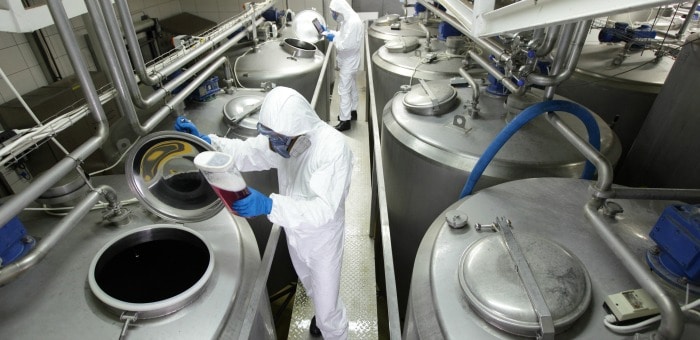
Get Ready for the Food Safety Modernization Act
Does your business process, pack, hold, or manufacture food? Are you subject to Food and Drug Administration (FDA) regulations under the Food Safety Modernization Act (FSMA), landmark legislation that redefines the federal government’s approach to food safety? FSMA became law in January 2011, but some regulations weren’t finalized until November 2015. Beginning in September 2016, FDA enforcement begins. Are you ready to meet these requirements? Are there some that may not apply to you?







